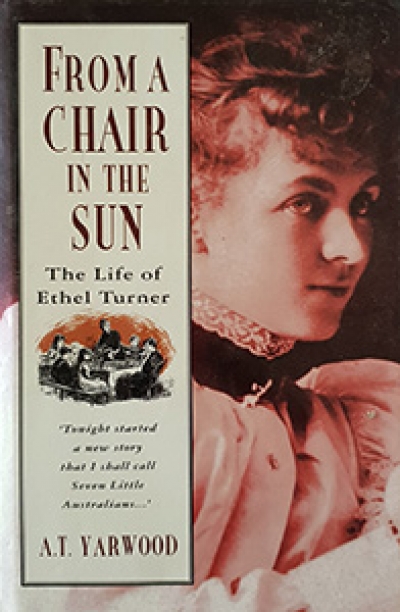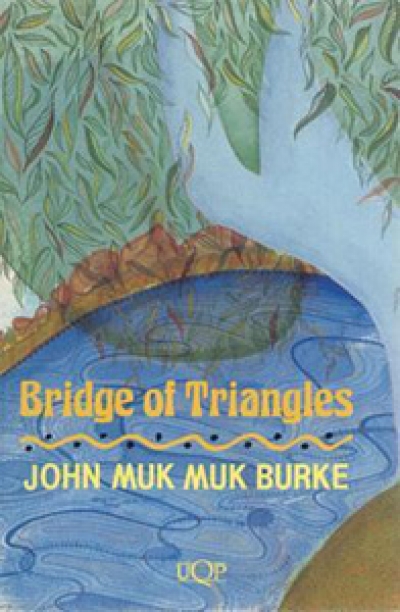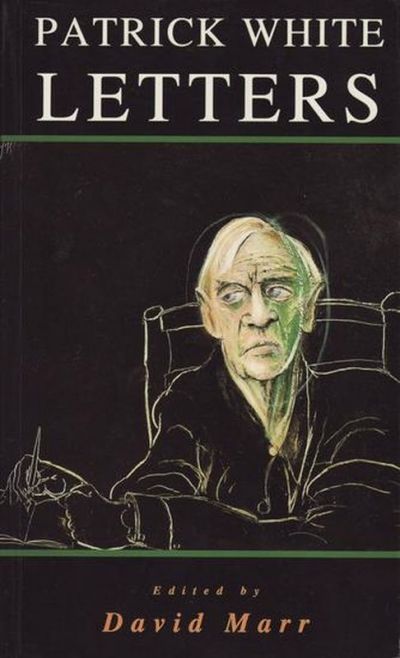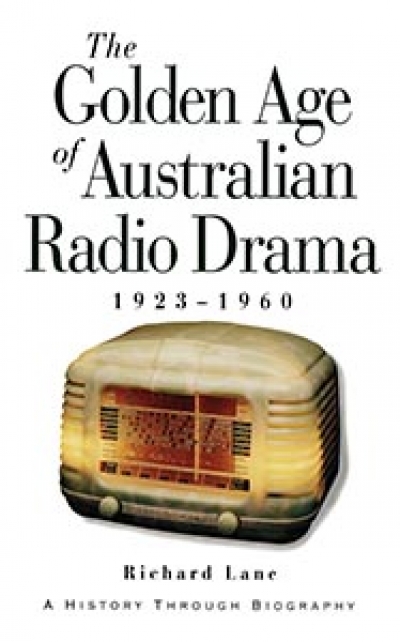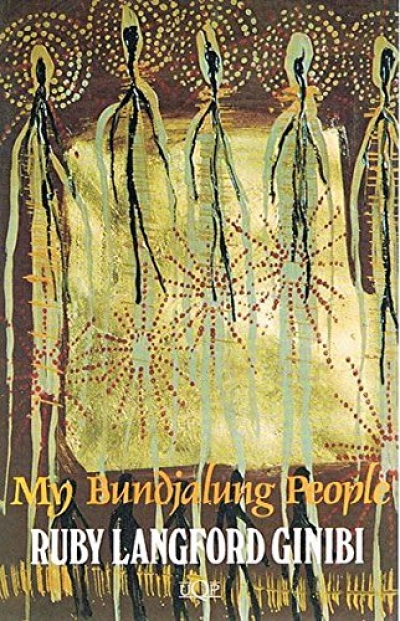Is Robert Adamson Waving to Hart Crane, or drowning? He is certainly calling for help. In 1930, Hart Crane turned his back on Eliot’s The Waste Land and built The Bridge, a poem ‘to launch into praise’, to span across despair towards some brighter shore. But Adamson does not like what he finds on the other side, ‘No sonnet will survive / the fax on fire’, he warns.
The Clean Dark, the 1990 volume that won several national awards, was Adamson at his most meditative, gliding through his riverscapes like a boat at high tide. This time, Adamson is having an argument; with poetry, with other poets, and even with himself. His verse is peppered with questions, with question marks, and exclamation points. He is a shape changer, who breaks down his lines into new forms from poem to poem, and erases his own syntax as he goes along.
...
(read more)


